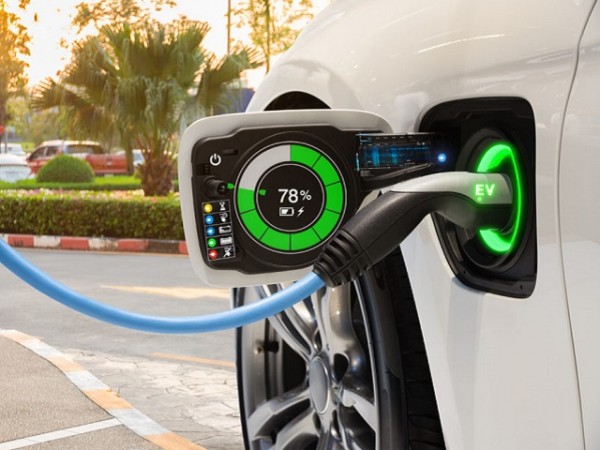
The West Bengal government has taken a significant step toward sustainable transportation by announcing a groundbreaking policy that mandates the use of electric vehicles (EVs) exclusively within all government offices across the state. This initiative is set to bring about a transformation in the state's transportation landscape, promoting eco-friendliness, and reducing carbon emissions.
Under the visionary leadership of the state government, West Bengal is embracing a greener future. The move towards electric vehicles aligns perfectly with global efforts to combat climate change.
The government's policy is the first of its kind in India. It underscores West Bengal's commitment to sustainable development and its ambition to lead in the adoption of clean energy solutions.
The shift to electric vehicles is expected to significantly reduce the carbon footprint of the state government, setting an example for other Indian states to follow.
The adoption of electric vehicles will create economic opportunities, such as jobs in manufacturing, maintenance, and charging infrastructure.
EVs are more cost-effective in the long run, saving taxpayers' money and reducing the government's operating expenses.
Switching to electric vehicles will contribute to cleaner air, enhancing the overall quality of life in West Bengal.
The government will commence the electric vehicle transition with a pilot program in select government offices to evaluate feasibility and efficiency.
After a successful pilot phase, the program will be expanded to cover all government offices, ensuring a comprehensive transition.
The government plans to engage with the public to encourage the adoption of electric vehicles in the wider community.
To support this transition, a network of EV charging stations will be strategically installed across the state.
To further incentivize the adoption of EVs, the government may provide subsidies for the installation of home charging stations.
The government acknowledges the challenge of range anxiety and is committed to expanding the charging infrastructure to alleviate these concerns.
Efforts will be made to develop sustainable battery recycling solutions, ensuring minimal environmental impact.
The West Bengal government is actively collaborating with leading automakers to secure a steady supply of electric vehicles.
Private sector participation will be encouraged to accelerate the deployment of EVs and charging infrastructure.
West Bengal's ambitious EV policy aims to inspire other Indian states to follow suit, collectively contributing to a greener India.
The government's commitment to electric vehicles aligns with the United Nations Sustainable Development Goals, emphasizing the importance of clean energy. The West Bengal government's decision to exclusively use electric vehicles in all its offices is a significant leap towards a sustainable and eco-friendly future. This pioneering policy sets a precedent for other regions to prioritize clean energy and reduce their carbon footprint.
Visit the famous tourist places of Amritsar in two days, plan your trip in budget
Which is the best fruit for lungs?
India and I2U2 Partners Launch Private Enterprise Partnership to Advance Collaborative Initiatives